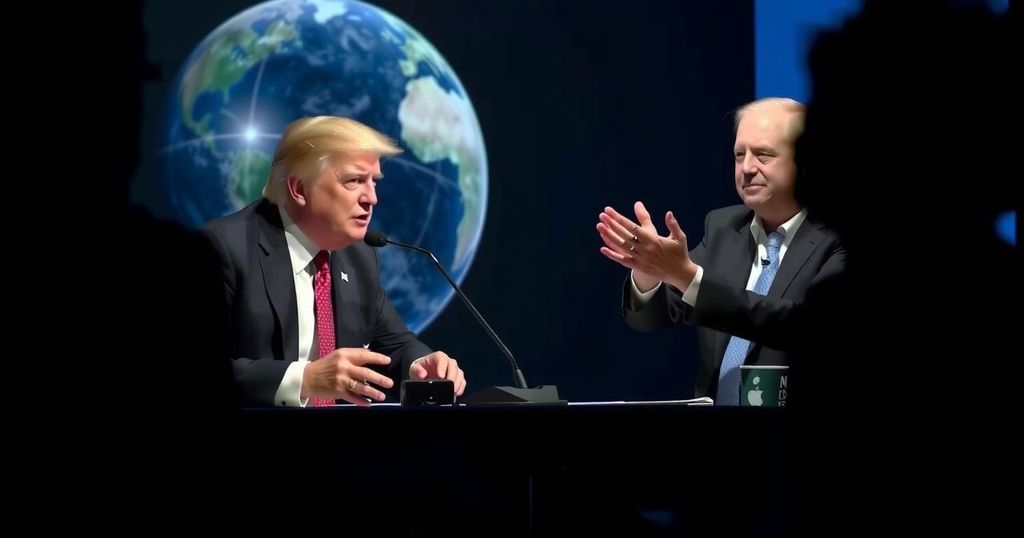OpenAI, the organization behind ChatGPT, is currently facing a multitude of legal challenges that threaten to undermine its leading position in artificial intelligence research. This turmoil comes after a period of significant visibility and influence within the tech sector. While legal disputes with various publications regarding unauthorized usage of content are noteworthy, the spotlight is particularly focused on Elon Musk, a founding supporter who has now initiated a lawsuit against OpenAI and its Chief Executive Officer, Sam Altman. Musk alleges that OpenAI has deviated from its foundational non-profit mission to prioritize profit over societal benefit, a claim which he contends is a breach of their original agreement.
The lawsuit, filed on February 29, 2024, in San Francisco Superior Court, reflects Musk’s assertion that decisions made concerning OpenAI’s transformation from a non-profit entity to a for-profit organization contravene the goals envisaged at its inception. In response to these allegations, OpenAI is vigorously defending its operational choices. The organization has publicly released emails from Musk that imply his endorsement of the for-profit model and even suggest a potential merger with Tesla. Legal analysts express skepticism regarding the strength of Musk’s contractual claims, yet the lawsuit has provoked internal scrutiny of OpenAI’s management structure and governance priorities.
Compounding these challenges, OpenAI is also undergoing an investigation regarding a controversial board decision that unexpectedly removed Altman from his position as CEO last November, only to reinstate him days later amidst a wave of confusion. As part of this examination, which is being conducted by the law firm WilmerHale, there exists significant uncertainty surrounding the motivations and implications of the board’s statements critiquing Altman’s communication transparency. Experts suggest that the findings of this investigation should be partially disclosed to the public given the company’s prominent influence and the ethical considerations surrounding artificial intelligence advancements.
Moreover, the partnership between OpenAI and Microsoft has drawn the attention of antitrust regulators in both the United States and Europe. Microsoft’s substantial investments in OpenAI and exclusive agreements to utilize its AI technology raise questions about competition and market equity. The Federal Trade Commission has initiated inquiries into whether these arrangements bestow undue advantages upon Microsoft, potentially infringing upon regulations designed to foster competitive markets.
Alongside these growing regulatory and legal pressures, OpenAI faces infringement lawsuits from a host of authors and media outlets, including New York Times and notable figures such as bestselling author John Grisham. These plaintiffs argue that OpenAI unlawfully utilized their copyrighted works to train its AI models, while OpenAI maintains that its operational practices fall under the legal provisions of fair use. The outcomes of these varied legal proceedings are crucial, with significant implications for the company, including a potential order for the destruction of its foundational AI models.
In conclusion, OpenAI currently navigates a challenging landscape marked by profound legal disputes, internal governance controversies, and increased scrutiny from regulatory bodies. As these matters progress, the outcomes will not only impact OpenAI’s operational viability but also shape the broader conversation regarding ethical practices and accountability in the field of artificial intelligence.
